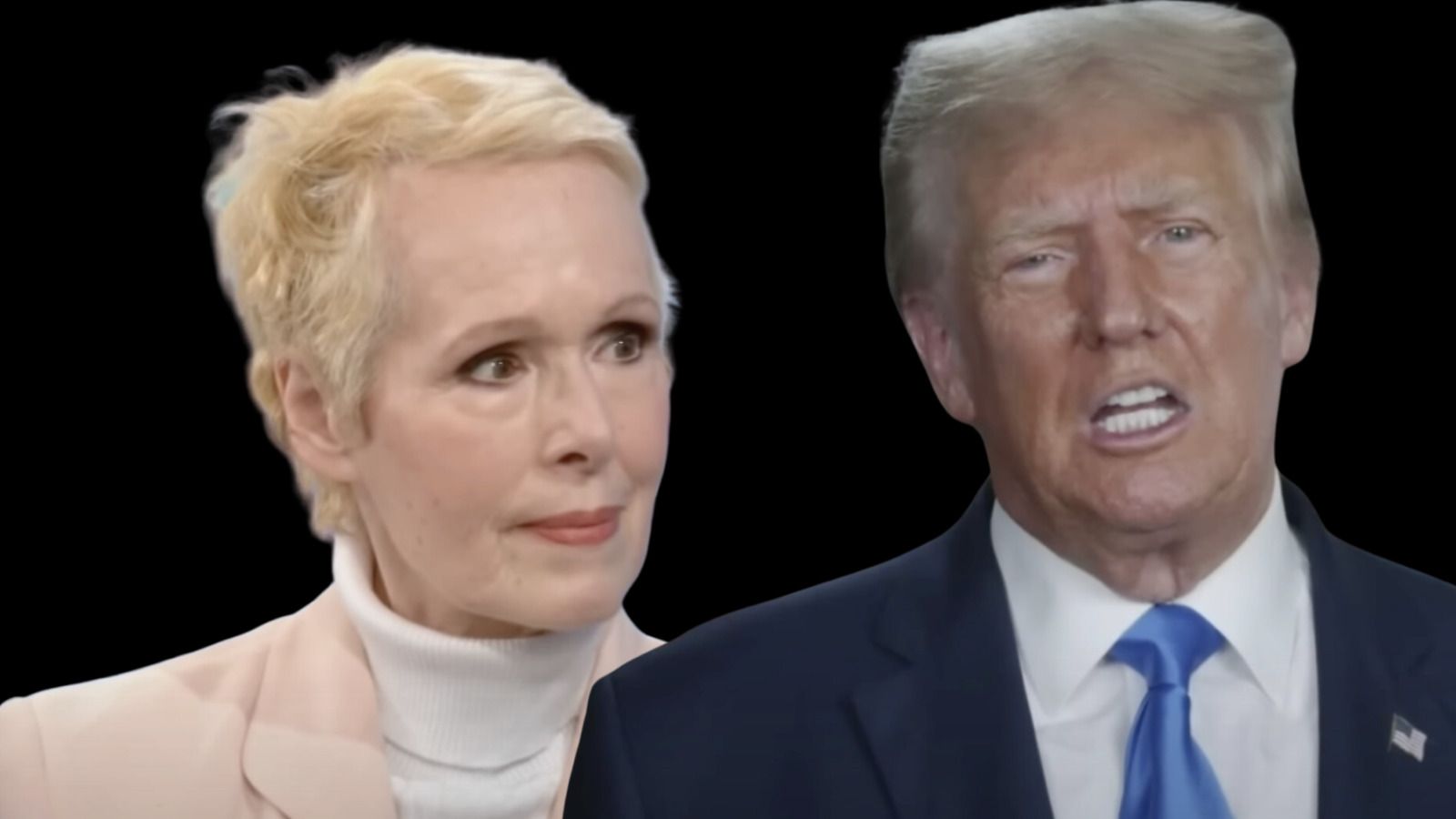President Trump’s lawyers have just revealed their plan to challenge the ridiculous verdict reached in E. Jean Carroll’s defamation lawsuit.
As soon as the verdict was made, Trump and his legal team vowed to appeal the whopping $83 million loss.
Now, according to Trump’s attorneys, a previously undisclosed detail in the case will form the basis of their appeal.
It turns out that there was a hidden link between E. Jean Carroll’s attorney Roberta Kaplan and the presiding judge on the case, Judge Lewis Kaplan…
And no, despite their last names being the same, the two are not related in a familial way.
However, they did allegedly work together in the early 1990s, with Lewis Kaplan serving as Roberta’s ‘mentor.’
Trump lawyer Alina Habba says that this detail was overlooked during the case and that she only became aware of it after the end of the trial.
“It was never disclosed. It’s insane and so incestuous,” claims Habba.
https://twitter.com/Real_AnTheFacts/status/1751432883561013413
The New York Post reported on the link between the case’s judge and Carroll’s lawyer:
Donald Trump’s lawyers will use an “insane” and previously unknown “conflict of interest” between E. Jean Carroll’s lawyer and the judge presiding over her defamation case against the former president as the basis of their appeal seeking to toss the eye-popping $83.3 million jury verdict, The Post has learned.
Trump lawyer Alina Habba said she was unaware Manhattan federal Judge Lewis Kaplan and Carroll’s lawyer Roberta Kaplan worked together in the early 1990s at the same powerhouse white-shoe law firm until Saturday, when asked about it by Post columnist Charles Gasparino, who was told by a source that the judge was once Roberta Kaplan’s “mentor.
“It was never disclosed. It’s insane and so incestuous,” Habba said, insisting neither the 79-year-old judge nor Roberta Kaplan, 57, who aren’t related, disclosed the “conflict of interest” and a violation of judicial ethics rules.
Roberta Kaplan worked at Paul, Weiss Rifkin, Wharton & Garrison in Midtown from 1992 to 2016, before leaving to become a founding partner of Kaplan Hecker & Fink, according to her LinkedIn page.
“This is news to us,” she continued. “We are going to include this in our appeal and take appropriate measures. The fact it wasn’t disclosed is an ethics violation.”
During her early years at Paul Weiss, she worked as associate of the firm at the same time as Judge Kaplan, who was a partner there until 1994 when he was appointed to the federal bench by then-President Bill Clinton.
The Daily Mail also said:
Donald Trump‘s lawyers intend to appeal his staggering $83.3 million defamation lawsuit loss to E. Jean Carroll by arguing there was an ‘insane’ conflict of interest at the heart of the case.
ADVERTISEMENTThe former president’s legal team are set to appeal on the grounds there was a conflict of interest between Carroll’s lawyer and the judge presiding over her case.
Trump’s firebrand attorney Alina Habba claimed she was unaware that Judge Lewis Kaplan and Carroll’s lawyer Roberta Kaplan – who are not related – worked together in the early 1990s, with the judge serving as her ‘mentor’, reports the New York Post.
‘It was never disclosed. It’s insane and so incestuous,’ Habba said, arguing their alleged close relationship was never disclosed and she only became aware of it after the conclusion of the case.
Habba continued: ‘This is news to us. We are going to include this in our appeal and take appropriate measures. The fact it wasn’t disclosed is an ethics violation.’
The allegations of a conflict of interest were bolstered by an anonymous former Weiss partner, who reportedly claimed Roberta Kaplan – a junior associate – made an extra effort to stand out to the managing partners.
‘Lew was like her mentor,’ they claimed.
Before becoming a founding partner at law firm Kaplan, Keckler & Fink in 2016, Roberta Kaplan worked alongside the judge at Paul, Weiss Rifkin, Wharton & Garrison in Manhattan.
She began at the firm in 1992, according to her LinkedIn, where Judge Kaplan was a partner until he was appointed to the federal bench by President Bill Clinton in 1994.
ADVERTISEMENT



Join the conversation!
Please share your thoughts about this article below. We value your opinions, and would love to see you add to the discussion!